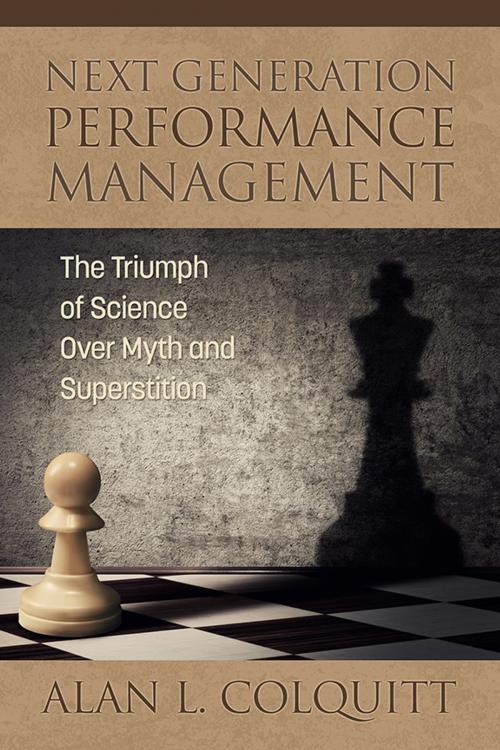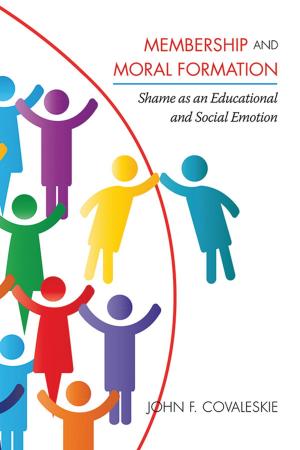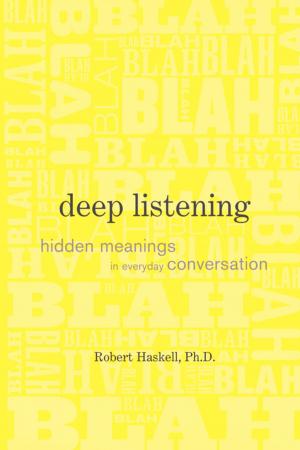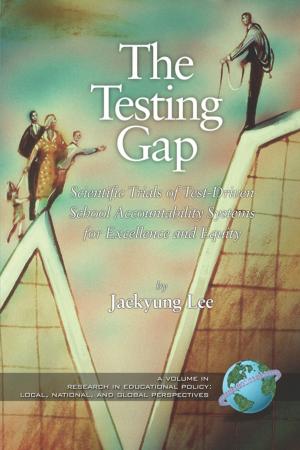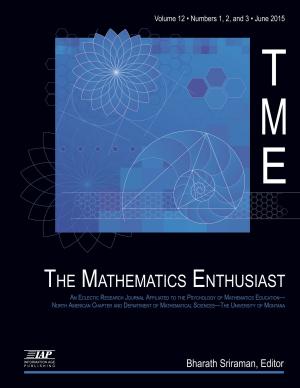Next Generation Performance Management
The Triumph of Science Over Myth and Superstition
Business & Finance, Management & Leadership, Negotiating, Management, Human Resources & Personnel Management| Author: | Alan L. Colquitt | ISBN: | 9781681239347 |
| Publisher: | Information Age Publishing | Publication: | August 1, 2017 |
| Imprint: | Information Age Publishing | Language: | English |
| Author: | Alan L. Colquitt |
| ISBN: | 9781681239347 |
| Publisher: | Information Age Publishing |
| Publication: | August 1, 2017 |
| Imprint: | Information Age Publishing |
| Language: | English |
There is no HRrelated topic more popular in the business press than performance management (PM). There has been an explosion in writing on this topic in the past 5 years, condemning it as a failure and calling for fundamental change. The vast majority of organizations use the same basic process which I call “Last Generation Performance Management” or PM 1.0 for short. Despite widespread agreement that PM 1.0 is failing, few companies have abandoned it or made fundamental changes to it. While everyone agrees it is broken, few agree on how to fix it. Companies continue to tinker with their systems, making incremental changes every few years with no lasting improvement in effectiveness. Employees continue to achieve amazing things in organizations every day, despite this process not because of it. Nothing has worked because organizations, business leaders and HR professionals focus on PM practices instead of the fundamental purpose of PM and the paradigms, assumptions, and beliefs that underlie the practices. Companies ask their performance management process to do too many things and it fails at all of them as a result. At the foundation of PM 1.0 practices is the ideology of a meritocracy and paradigms rooted in standard economic and psychological theories. While these theories were adequate explanations for motivation and behavior in the 19th and 20th centuries, they fail to account for the increasingly complex nature of organizations and their environments today. Despite the ineffectiveness of PM 1.0, there are powerful forces holding it in place. Information on rigorous, evidencebased recommendations is crowded out by benchmarking information, case studies of highprofile companies, and other propaganda coming from HR think tanks and consultants. Business leaders and HR professionals learn about common practices not effective practices. This book confronts the traditional dogma, paradigms, and practices of PM 1.0 and holds them up to the bright light of scientific scrutiny. It encourages HR professionals and business leaders to abandon PM 1.0 and it offers up a more appropriate purpose for PM, alternative paradigms to guide them and practical solutions that are better supported by scientific research, referred to as “Next Generation Performance Management” or PM 2.0 for short.
There is no HRrelated topic more popular in the business press than performance management (PM). There has been an explosion in writing on this topic in the past 5 years, condemning it as a failure and calling for fundamental change. The vast majority of organizations use the same basic process which I call “Last Generation Performance Management” or PM 1.0 for short. Despite widespread agreement that PM 1.0 is failing, few companies have abandoned it or made fundamental changes to it. While everyone agrees it is broken, few agree on how to fix it. Companies continue to tinker with their systems, making incremental changes every few years with no lasting improvement in effectiveness. Employees continue to achieve amazing things in organizations every day, despite this process not because of it. Nothing has worked because organizations, business leaders and HR professionals focus on PM practices instead of the fundamental purpose of PM and the paradigms, assumptions, and beliefs that underlie the practices. Companies ask their performance management process to do too many things and it fails at all of them as a result. At the foundation of PM 1.0 practices is the ideology of a meritocracy and paradigms rooted in standard economic and psychological theories. While these theories were adequate explanations for motivation and behavior in the 19th and 20th centuries, they fail to account for the increasingly complex nature of organizations and their environments today. Despite the ineffectiveness of PM 1.0, there are powerful forces holding it in place. Information on rigorous, evidencebased recommendations is crowded out by benchmarking information, case studies of highprofile companies, and other propaganda coming from HR think tanks and consultants. Business leaders and HR professionals learn about common practices not effective practices. This book confronts the traditional dogma, paradigms, and practices of PM 1.0 and holds them up to the bright light of scientific scrutiny. It encourages HR professionals and business leaders to abandon PM 1.0 and it offers up a more appropriate purpose for PM, alternative paradigms to guide them and practical solutions that are better supported by scientific research, referred to as “Next Generation Performance Management” or PM 2.0 for short.
